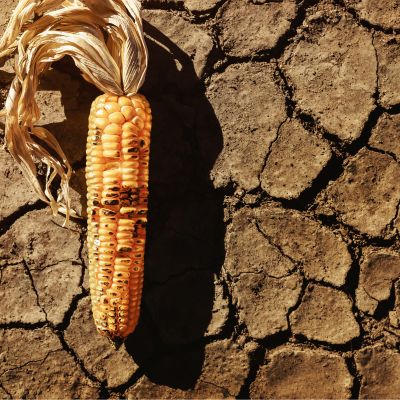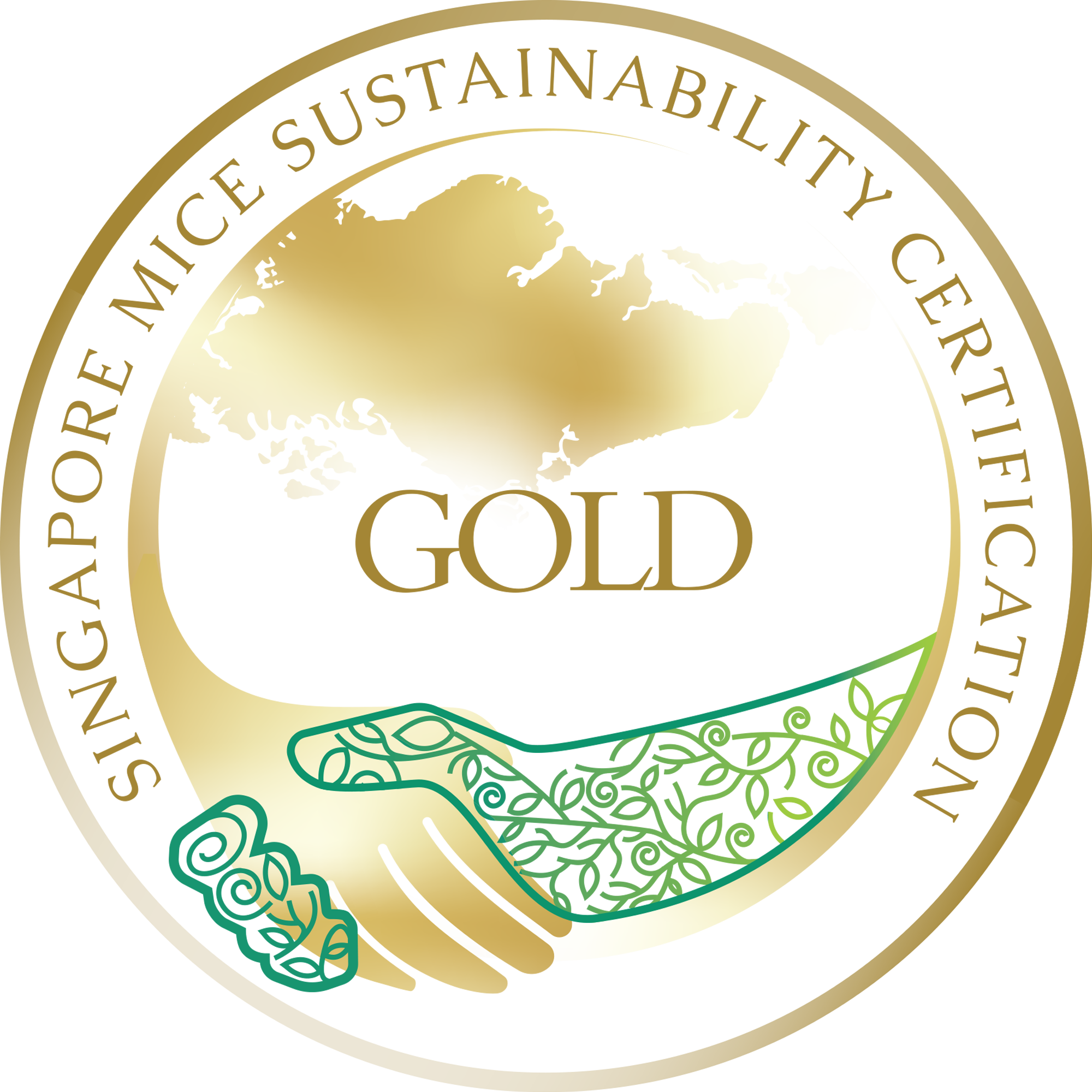Welcome to our exploration of sustainable wine, where we uncover the eco-friendly practices that shape the wine industry. So, what is sustainable wine? Simply put, it’s about making wine in ways that take care of the environment.
In this article, we’ll break down these practices, showing you how winemakers work to be eco-friendly from the vineyard to your glass. Think of it as a journey where each step respects nature.
By the end, you’ll understand why sustainable wine matters and how it’s changing how we enjoy this ancient beverage. Let’s dive into the world of sustainable viticulture together.
Defining Sustainable Wine
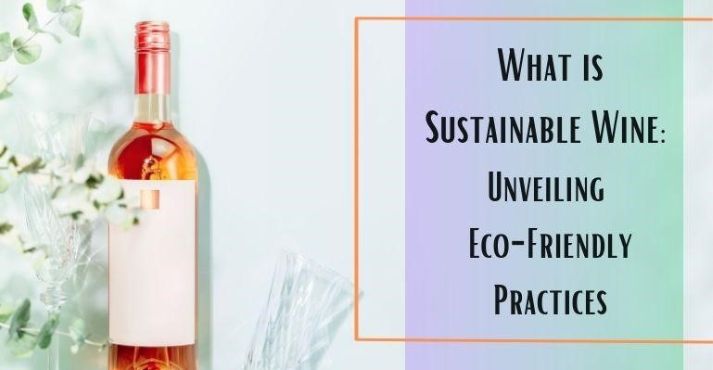
Sustainable winemaking represents environmental responsibility within the wine industry. It involves practices designed to minimize environmental harm, focusing on thoughtful resource use, protecting biodiversity, and ensuring fair treatment of workers.
This commitment extends beyond being eco-friendly; it encompasses a holistic approach, promoting the long-term health of vineyards and the well-being of local communities.
Additionally, in alignment with the preferences of vegan food enthusiasts, sustainable winemaking caters to those seeking ethically produced and cruelty-free beverages.
In essence, it offers a way to enjoy wine that not only tastes good but also upholds ethical values, making every sip a conscious choice for a better planet.
Sustainable Wine Practices
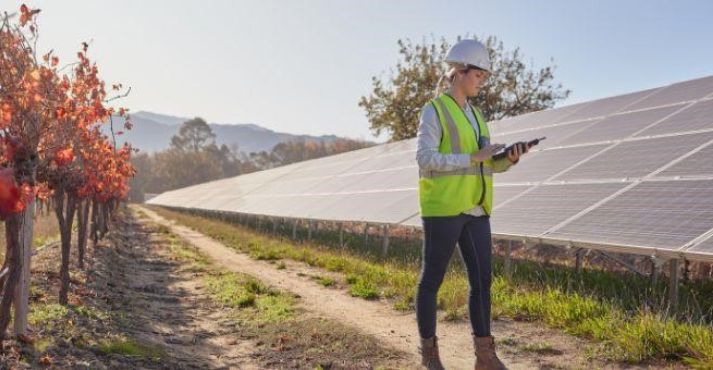
Exploring sustainable viticulture means diving into the eco-friendly ways of growing grapes. Picture vineyards as green champions, doing their part for the Earth. Before we get into the details, let’s examine how these earth-loving practices match what people want in the wine world.
A quick look at the wine market shows that sustainability isn’t just good for the planet; it’s a hit with the folks who love their wine, too. Let’s unravel the secrets behind sustainable wine practices and why they’re making waves in nature and the market.
1. Organic Vineyards
In sustainable vineyards, organic practices flourish without synthetic chemicals. The soil becomes a thriving ecosystem, free from artificial additives. Weeding, pest control, and nurturing vines follow natural rhythms, ensuring a sustainable vineyard harmonizing with the environment.
This commitment to wine sustainability produces grapes without chemical residues and contributes to the land’s overall health, creating a balanced and eco-friendly approach to winemaking.
2. Biodynamic Farming
Biodynamic farming in winemaking goes beyond conventional methods, embracing a holistic and ecological philosophy. This sustainable wine approach involves viewing the vineyard as a complete ecosystem.
Aligning planting and harvesting with celestial cycles and incorporating natural composts aims to enhance the vineyard’s vitality. Biodynamic winemaking prioritizes biodiversity, creating a self-sustaining environment.
This intricate alignment with nature produces distinctive and authentic flavors in the grapes. It fosters a deep connection between the vineyard and the environment, making it a unique and sustainable approach to winemaking.
2. Eco-Friendly Viticulture
Regarding sustainable wine growing, eco-friendly viticulture practices take center stage by minimizing environmental impact. These methods prioritize resource efficiency, utilizing water and energy judiciously.
Integrated pest management and natural fertilizers replace synthetic alternatives, fostering a balanced ecosystem.
By embracing eco-friendly viticulture, vineyards produce grapes with a lighter environmental footprint and contribute to the land’s long-term health, exemplifying a commitment to sustainable practices in the world of winemaking.
Environmental Impact of Sustainable Wine
Sustainable wine carries significant environmental benefits. This approach goes beyond producing good wine; it’s a commitment to being kind to the planet. Here are some key ways sustainable practices reduce ecological footprints:
- Chemical-Free Zones: Sustainable wine eliminates synthetic chemicals, creating healthier soil and preventing water pollution.
- Energy Efficiency: Vineyards adopt energy-saving technologies, reducing carbon emissions and energy consumption.
- Biodiversity Boost: Sustainable practices support diverse ecosystems, preserving flora and fauna in and around vineyards.
- Water Conservation: Smart irrigation and water management contribute to reducing water usage and fostering responsible resource stewardship.
- Sustainable Packaging: From recycled materials to lighter glass bottles, sustainable packaging choices further minimize environmental impact, completing the eco-friendly cycle.
In essence, sustainable wine practices not only enhance the quality of the wine but also ensure a healthier planet for future generations.
Economic and Social Aspects

Delving into eco-friendly wine and sustainable winegrowing unveils not just environmental benefits but also positive economic and social impacts.
Let’s explore how these responsible vineyard practices contribute to a healthier planet and foster thriving communities and a sustainable economy.
1. Fair Labor Practices
In the sphere of sustainable wine, fair labor practices are vital. What is sustainable wine without a commitment to ethical labor?
Vineyards embracing sustainability prioritize workers’ rights, ensuring fair wages, safe working conditions, and growth opportunities.
This approach not only fosters a positive work environment but also contributes to the overall well-being of the communities involved in the intricate process of crafting sustainable wines.
2. Community Involvement
Community involvement stands as a cornerstone in the social sustainability of winemaking. Beyond crafting exceptional wines, wineries play an integral role in the well-being of local communities.
Through initiatives like employment opportunities, educational programs, and support for local businesses, wineries become pillars of social sustainability.
This engagement fosters a symbiotic relationship, ensuring that the positive impact of sustainable winemaking extends beyond the vineyards, enriching the lives of those in the surrounding communities.
Certifications and Labels
In sustainable and natural wines, certifications and labels act as trusty guides, offering assurance of eco-friendly and ethical practices. Let’s unravel the significance of these stamps of approval in ensuring a genuine commitment to sustainability in winemaking.
1. Organic Certification
Regarding sustainable wine, organic certification signifies a commitment to environmentally friendly winemaking practices. What is sustainable wine without an emphasis on organic methods?
Vineyards with this certification avoid synthetic chemicals and prioritize natural processes, ensuring the grapes are grown without harmful pesticides or fertilizers.
It’s a testament to a holistic approach, where the entire vine-to-glass journey adheres to stringent organic standards, offering consumers a genuine and earth-friendly wine experience.
2.Biodynamic Certification
Biodynamic certification in winemaking goes beyond standard practices. Vineyards must adhere to strict criteria to earn this label, aligning farming activities with lunar cycles and celestial rhythms. This holistic approach includes using natural compost and avoiding artificial chemicals.
The biodynamic certification certifies a wine as organic. It recognizes the integration of earthly influences, creating a unique and sustainable wine that embodies a deeper connection between the vineyard and nature.
3. Sustainable Wine Certifications
Sustainable wine certifications play a pivotal role in guaranteeing eco-friendly and ethical practices in the industry:
- Organic Certification: Ensures adherence to strict organic standards, prohibiting synthetic chemicals.
- Biodynamic Certification: Incorporates celestial rhythms into farming, emphasizing a holistic approach.
- Sustainable Winegrowing Certification: Focuses on comprehensive sustainability, considering environmental, social, and economic factors.
These certifications empower consumers to make informed choices, supporting wineries dedicated to sustainability principles.
Sustainable Wine Regions
Venturing into the area of renowned wine regions, we discover havens committed to what sustainable wine is. In California’s Napa Valley, vineyards blend quality with eco-conscious practices.
At the same time, New Zealand’s Marlborough stands as a beacon of sustainable wine growing—or Italy’s Chianti Classico region, where vineyards embrace sustainable practices.
These regions showcase the excellence of their wines and a deep dedication to harmonizing the art of winemaking with sustainability principles.
California’s Napa Valley
- Home to vineyards dedicated to what is sustainable wine, Napa leads with eco-conscious practices.
- Integrating sustainable viticulture, these vineyards balance quality grapes with environmental responsibility.
New Zealand’s Marlborough
- Known for sustainable wine growing, Marlborough’s wineries embrace eco-friendly practices.
- This region is a testament to how food and beverage marketing aligns with sustainability, promoting a harmonious relationship between wine, the environment, and conscientious consumers.
Italy’s Chianti Classico
- In this iconic region, vineyards intertwine rich winemaking traditions with sustainable practices.
- Chianti Classico exemplifies a global commitment to environmentally conscious and quality-driven wine production.
Benefits of Sustainable Wine

Exploring sustainable wine isn’t just about being kind to the Earth but also about enjoying extra perks. From cleaner environments to happier communities, choosing sustainable wine means sipping on something beyond the glass, making every pour a simple joy with positive impacts.
1. Taste and Quality
Sustainable practices contribute to wine’s exceptional taste and quality, transforming the drinking experience. In vineyards committed to sustainability, the focus on organic cultivation and eco-friendly processes produces grapes of superior flavor.
This dedication to quality extends to the winemaking process, producing wines that reflect the distinct characteristics of the terroir.
Beyond individual enjoyment, sustainable wine’s enhanced taste and quality open doors to exciting wine pairing possibilities, elevating the overall sensory pleasure of each sip.
2. Health Benefits
Choosing sustainable wines isn’t just good for the planet but also for your health. With sustainable viticulture, you’ll likely find lower pesticide residues in the wine.
The emphasis on natural winemaking processes means fewer artificial additives, allowing the true essence of the grapes to shine.
These health-conscious choices align with the growing preference for cleaner, more natural options, making sustainable wines a responsible choice for the environment and a mindful choice for personal well-being.
Sustainability Challenges
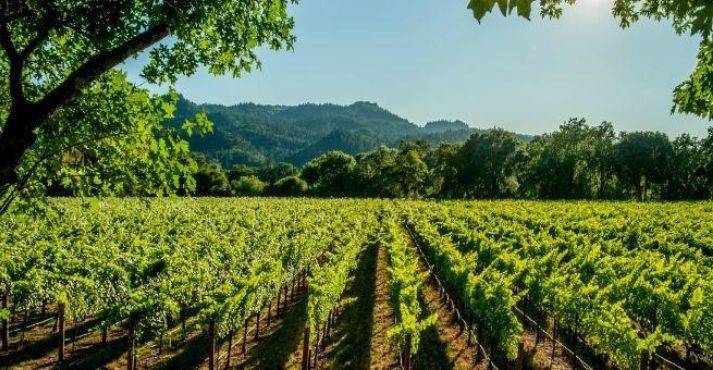
Navigating the path of sustainability in winemaking has its challenges. Let’s explore the hurdles and complexities faced by vineyards committed to sustainable practices, acknowledging the ongoing efforts to overcome obstacles and forge a greener, more ethical future for the industry.
1. Climate Change Adaptation
Climate change poses a formidable challenge to the wine industry, altering traditional grape-growing conditions. Sustainable practices emerge as adaptive strategies, mitigating the impact of rising temperatures and unpredictable weather patterns.
From implementing resilient grape varieties to optimizing water usage, vineyards are committed to sustainability pioneer solutions that ensure the continuity of winemaking and contribute to the broader global effort to address the effects of climate change.
2. Pesticide Reduction
In sustainable winemaking, reducing pesticide use is a crucial challenge and necessity. The significance lies in promoting healthier ecosystems and producing grapes without harmful residues.
However, challenges surface in maintaining crop protection without synthetic chemicals. Striking this balance requires innovative pest control methods and constant vigilance as vineyards strive to uphold the principles of sustainable winemaking while navigating the complexities of pest management in a changing environment.
Conclusion
In the world of making wine, exploring what is sustainable wine shows us a collection of appreciable actions. The wine business is improving from vineyards being kind to the environment to places worldwide focusing on doing things the right way.
Sustainable wine isn’t just a fancy term; it promises to care for the Earth, treat workers fairly, and make delicious wines.
So, when we enjoy a glass of sustainable wine, it’s not just about the taste; it’s about celebrating good choices and cheering for a planet-friendly way of making wine that will stick around for a long time. Cheers to a greener future!

